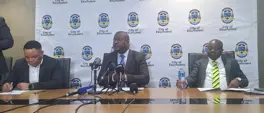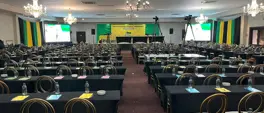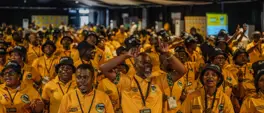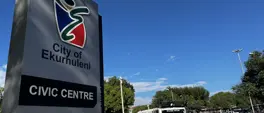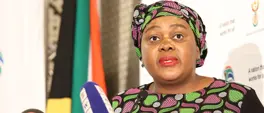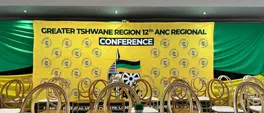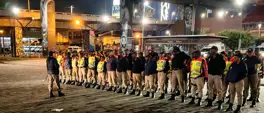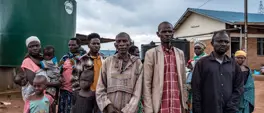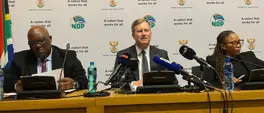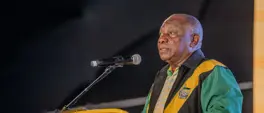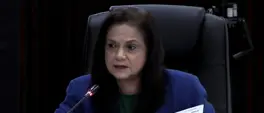Govt spent R17m to file memorial in ICJ in genocide case against Israel
Lindsay Dentlinger
31 October 2024 | 4:30This was revealed in the adjustments budget tabled by Finance Minister Enoch Godongwana on Wednesday.
CAPE TOWN - Government has forked out more than R17 million to file its memorial in the International Court of Justice (ICJ) this week in its genocide case against Israel.
This was revealed in the adjustments budget tabled by Finance Minister Enoch Godongwana on Wednesday.
Earlier this year, the Department of Justice told Parliament that several of the lawyers who worked on the case had done so pro bono.
The memorial filed on Monday contains South Africa's main arguments to support its assertions that Israel has been intentionally wiping out Palestinians living in the occupied territory of Gaza since it launched a war on the area in October last year.
This in retaliation for an attack on over 1,000 civilians, mostly Israelis, by militant group Hamas last October.
As part of a list of unforeseen expenditure, costs associated with South Africa's International Court of Justice case has been put at R17.3 million.
The adjustments budget said this money was for the appointment of legal representatives, professional fees for interpreters and translators and travelling costs to the court in The Hague.
The allocation has been made to vote 1, the Presidency.
On Monday, the Presidency said South Africa’s memorial, a confidential document, comprised over 4,000 pages, which included 750 pages of text supported by exhibits and annexures it said would show Israel has the express intent to commit genocide.
In response to written parliamentary questions in May, Ronald Lamola, who was the justice minister at the time, said at least three lawyers had provided their services for free.
Lamola said that costs incurred at that time were largely related to travel, accommodation and security for himself and the legal team.
In January and May, an eminent team of four South African advocates, supported by two British barristers, argued in open hearings for interim measures to be granted in attempts to stop Israel from causing further harm to Palestinian life.
Both Lamola and his predecessor at International Relations, Naledi Pandor, have in the past vehemently dismissed suggestions that government was receiving foreign financial aid to pursue the case.

